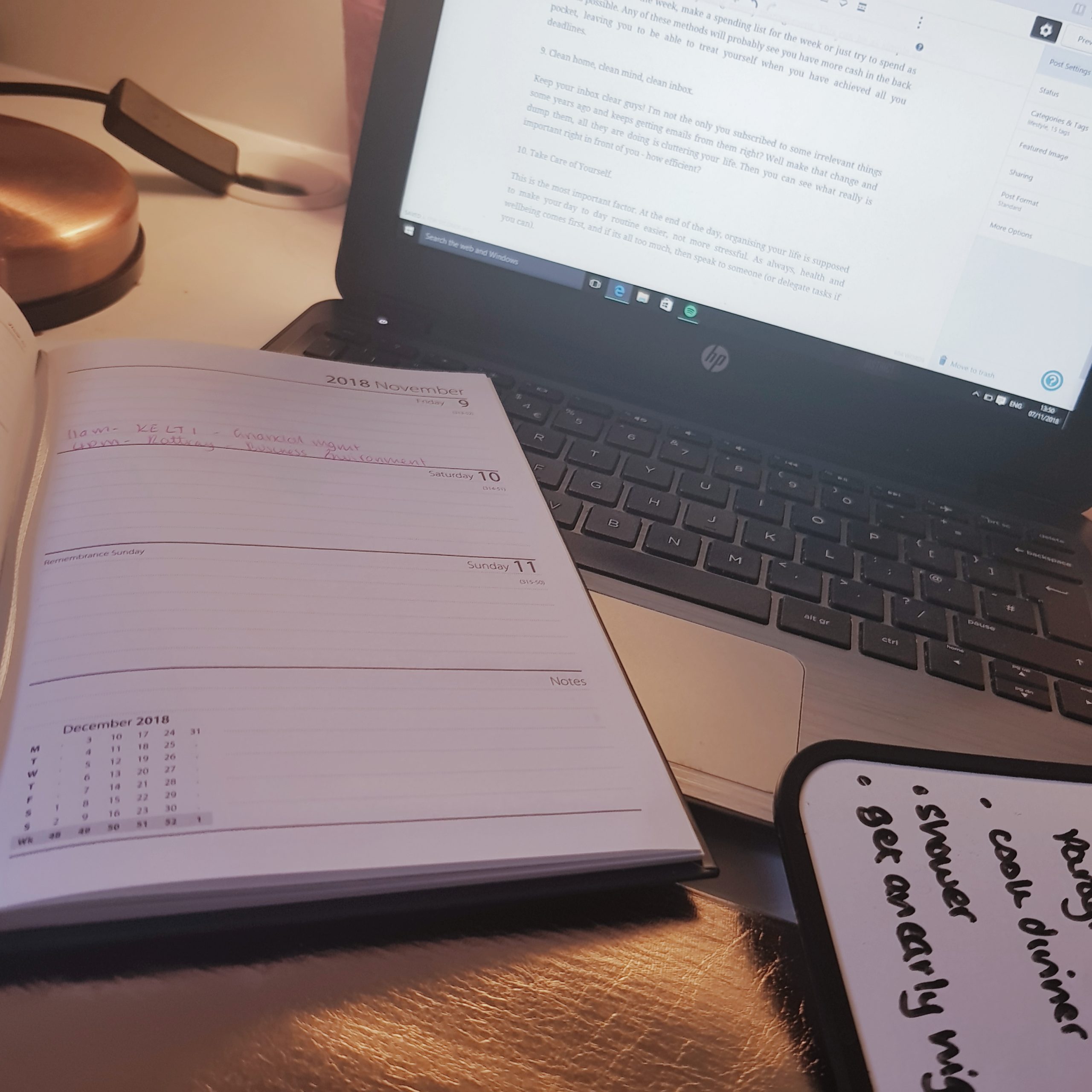Part of growing up involves standing up on your own two feet. You have to start becoming financially independent and learning how to save AND make money. The first large payment usually is the car and the process of trying to find the best insurance. Then come the years of saving money towards your first place and living by yourself, alongside budgeting so holidays can be afforded. With the proper technique and knowledge, becoming financially savvy can be a simple task. So listen up!
The Right Car AND The Right Insurance
We have all dreamed about the car we really want, right? However, when starting out other factors come into play – including a budget, but more importantly, safety. However annoying, car insurance is probably going to be more than the price of a ‘normal’ car. Therefore, it limits the options available, with the priority instead to purchase a small 3-door car and focus on getting the best comp car insurance. This company can get your car insurance that is near £100 a year. Consider all your options by exploring their ‘get a quote’ feature. You don’t even have to own the car to give an accurate estimate so keep browsing and checking how much the insurance would be before buying.

Finding The Right Apartment
Planning for an apartment takes years, and there are some key tips to follow:
- Don’t be a smoker! The bottom line is tenants who don’t smoke, end up paying less. Homes that allow smoking will always charge you more.
- Don’t move into the city. Even if you get a job in the city, don’t move into the heart of it. The prices are sometimes three times as much as in a suburban area. Wake up early and get local transport. Just watch how much you save!
- Be willing to make the most of it. Space is going to be somewhat small, but if you go for the minimalist interior style, you can live quite comfortably and pay less for the room.
- If you do decide to outsource redecorating for example, it is worth pro and conning different companies, specifically when understanding the services they offer within the quote.
Buy Cheap Essentials
Living by yourself shouldn’t be so expensive but the cost of living has consistently gone up every year. This is because governments target 2% of inflation naturally brings the cost of the basics up. So, make sure that you are shopping for ‘essentials’ first before any other treats. Bread, milk, pasta, cheese, cereals and butter, are all on the basics list. Supermarkets have their own store brand which is far cheaper. Make sure you get bread and pasta before losing your shopping cart with alcohol!
Start looking for a cheap car with cheap insurance but make sure you do it at the same time using a ‘find a quote’ system. Don’t be dazzled by the bright lights of cities, it’s far too expensive at this stage in your life. Eat cheap and cheerful and save up for a holiday!
Saving The Pennies
It sounds silly, but start with purchasing only what you need, and scrap the things you don’t. Use re-usable and sustainable items – not only do they reduce plastic use, but cut down on repetitive purchases. Have a look into switching your makeup bag to eco-beauty for example.
Credit Can Be Good – If You Can Handle It
Credit cards are not always the worst thing in the world – in actual fact they can help for when you are having a rough patch. No need to stretch yourself thin when paying bills and clearing debts. A low APR card can help to make sure you never hit a late payment with your bills, as well as increasing your credit score.
Set Goals and Account For a Rainy Day
Being financially savvy starts with knowing your goals and where you want to be? Are you saving for a house? Car? Or want money in the bank? Know where you are at, and set goals for the future. A big mistake for people is to never prepare for a rainy day. Life tells you that you can never be prepared for the future because chances are, something unexpected will creep up. Always leave a buffer (that is NEVER touched), unless you absolutely need to. This way, your day to day financial operations are not worsened should some costly news come along.




